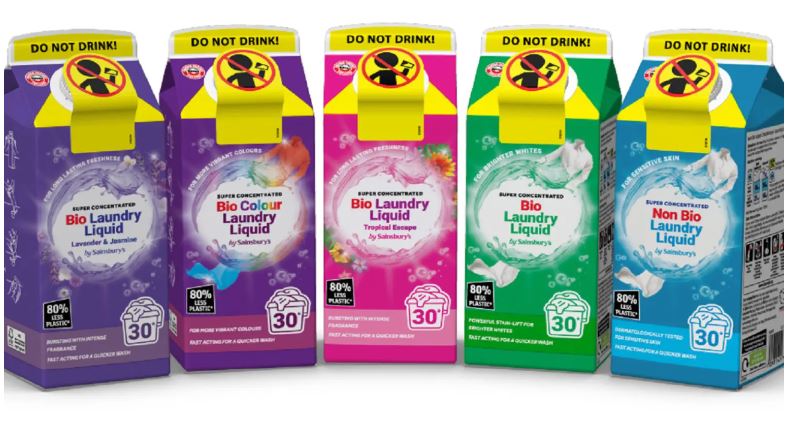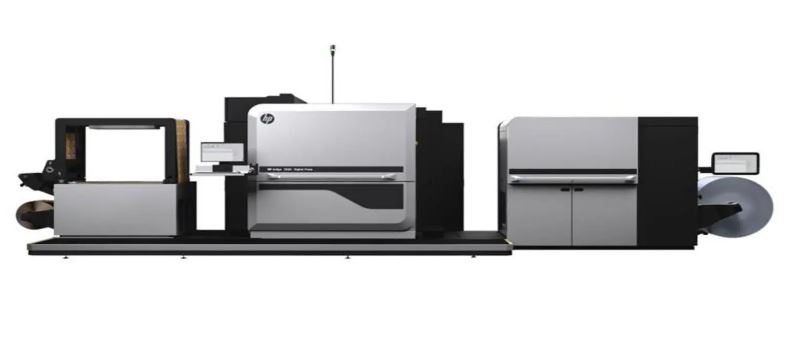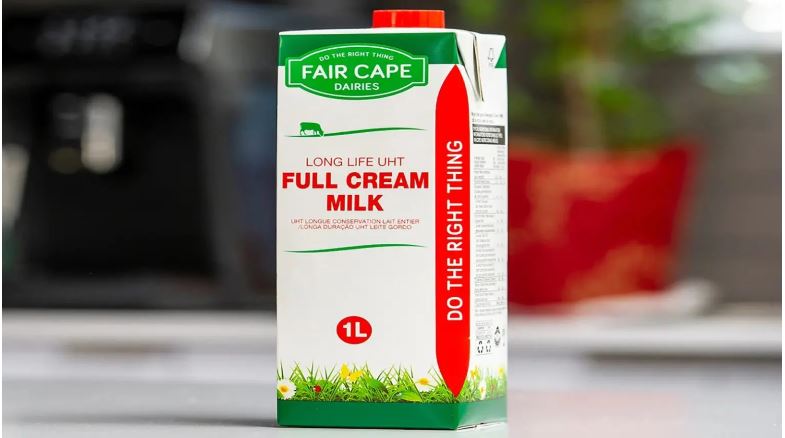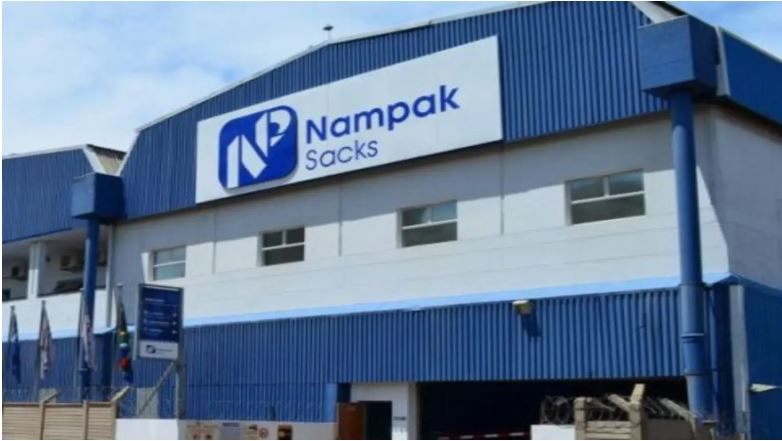UK – British supermarket chain Sainsbury’s has introduced sustainable packaging for its own-brand liquid laundry detergent.
Rolling out in all stores and online this week, the new design looks to help customers reduce plastic at home and will see all of its own-brand 750ml laundry detergents switching from sleeved plastic bottles to cardboard cartons.
The products will be available across the Big 4 grocer’s tropical super concentrated, bio super concentrated, non-bio super concentrated, color super concentrated and lavender super concentrated lines.
The new design will be available in the new packaging at all Sainsbury’s stores and online from this week.
Sainsbury’s new packaging, which is 35% lighter and can be recycled at kerbside or at recycling banks, will take 13 lorries off the road each year and reduce carbon emissions of this range by 50%.
In addition, the laundry liquid has also been reformulated and is now super concentrated, with a smaller amount of detergent required per wash, allowing five additional washes per carton.
According to the company, the packaging is expected to reduce the use of plastic by 80%, saving around 22 tonnes of plastic a year. It is made from cardboard certified by the Forest Stewardship Council (FSC).
This comes as part of a string of plastic reductions across Sainsbury’s household range, as part of its commitment to halve its use of own brand plastic packaging by 2025.
The latest move comes nine months since Sainsbury’s launched its own-brand refillable handwash pouches in an effort to help customers reduce their consumption of plastic waste.
The pouches use 85% less plastic than the equivalent number of 250ml The Collection bottles, as well as costing 35% less than other equivalent bottles.
Sainsbury’s at the time said: “The 1L pouches use 85% less plastic and will help customers to reduce the amount of plastic waste in their homes by simply reusing their handwash bottle and pump and refilling from a Sainsbury’s handwash pouch.”
In a move to reduce plastic in its packaging, the supermarket chain also introduced a vacuum-packed alternative across its beef mince range, saving 450 tonnes of plastic annually.
The new packaging contains the same amount of beef mince, but is smaller in size, helping customers to use their freezer and fridge space more efficiently by taking up less space.
Source:





